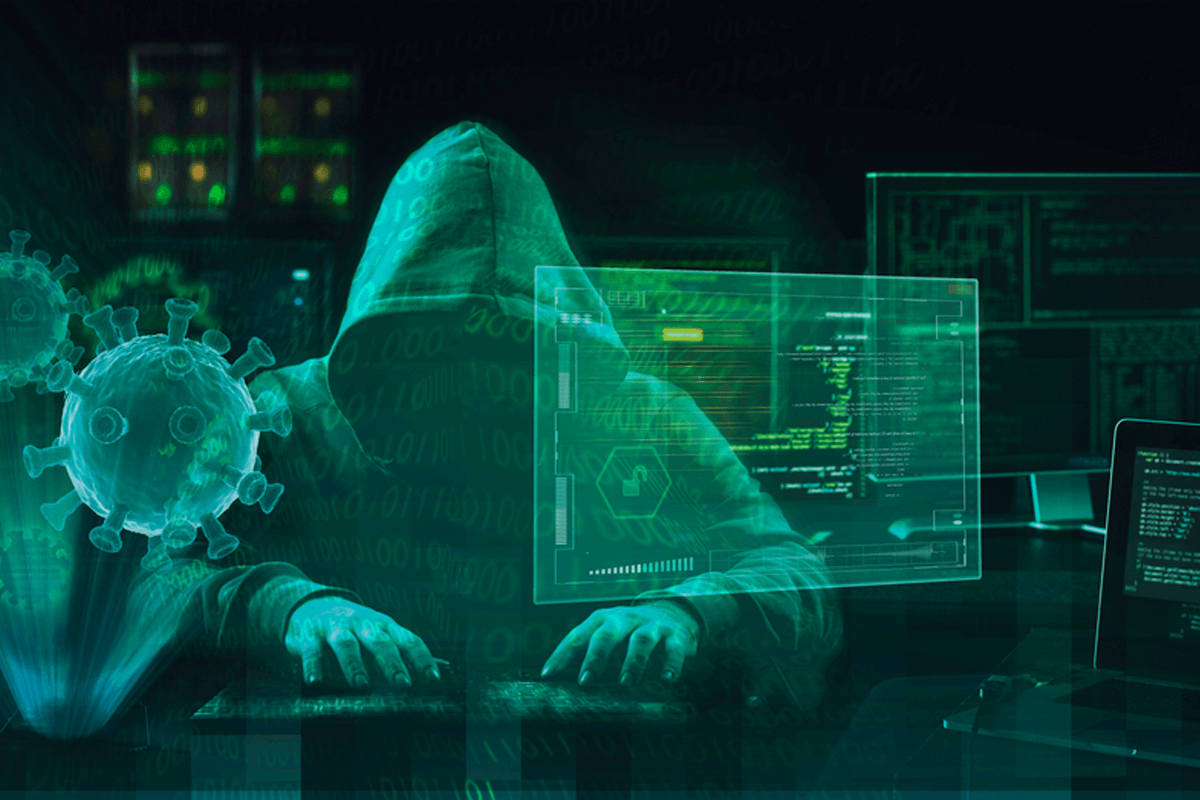Human Oversight is the first cause of digital flubs, the result of programmer and user error. At a time when devices and software are working in unison, risks are increasing. Despite multi-layered protections there lies a common man at the receiving end, actively or passively involved with pcs/networks.Our modern attempts to create more agile manufacturing systems are flawed because no one has taken into account how we as humans resist change and make mistakes due to the inherent complexity in our systems.
With increasing digitalization, we are relying on systems with limited or poorly designed mechanisms for self-correction and repair. And yet our increasing dependence on technology means that we remain vulnerable to those failures.
This major source of vulnerabilities in software systems leads to human exploitation and attacks in the cyber world. It can be classified into four major types: (a) failure to follow a security procedure, (b) nonadherence to security policy, (c) reliance on fallible mechanisms, and (d) the use of unsafe procedures. The threat comes from human vulnerability to manipulation, misdirection and misinformation. Inadequate individual performance can be due to lack of skill or knowledge, improper tactics or procedures, ignorance of governing rules, or poor work habits.
Human oversight in the form of such things as insecure default configurations, software bugs that might allow an attacker to bypass system protections and administrator malfeasance (intentional negligence) is the largest single cause of security incidents today. This is true even for events like the accidental exposure of sensitive information.
Factors causing the human error:
- Mismanaging data: Carelessly handling confidential data can cause serious financial, legal, and even reputational harm. No matter how thorough security protocols are, due to negligence, tiredness, lack of knowledge about cybersecurity threats, etc., anomalies in oversight processes may become inevitable.
- Weak or Same Passwords for multiple accounts: Forget the high-tech hacking tools used by blockbuster spy agencies. In most cases, criminals only need a few tricks to steal passwords. Strong passwords are an essential part of good security. They protect users from brute-force and dictionary attacks, rainbow table attacks, protect against identity theft and more.
- Inadequate knowledge of cyber-attacks and security methods: The majority of organizations are not well acquainted with basic cyber safety measures and lack adequate security awareness training, and as a result, many employees are unaware of the risks they collectively pose to their organizations and customers. Spear-phishing attacks are perpetrated by bad actors who target individuals within companies and use emails laced with malware where the subject line references a known entity, which entices the unsuspecting employee to open the attachment.
- Flawed/uncertified software: The Internet’s digital fabric is one vast sieve of vulnerability. While there are no guarantees in the world, using an out of date or unauthorized program may make you more vulnerable to attacks. The majority of all operating systems and mainframe applications have serious, well-documented bugs. The modifications made to the code of an old program to make it run on a new platform may change the way it works in ways programmers didn’t expect. Even negligence and sheer carelessness in app development can be circumvented by all kinds of mitigating factors.
Unlike the mindless automatons of sci-fi movies, humans do not necessarily make perfect systems. Since computers are getting smarter and more ubiquitous every day the potential for errors such as those caused by human fallibility is growing.
The error propagates through digital systems like a virus, causing crashes, corrupting data and undermining human trust. Despite being one of the most pernicious problems in IT today, it is rarely diagnosed or treated. Computer systems are subject to both intentional and unintentional breaches. The number of reported major security incidents resulting in loss or theft of customer information amounted up to 95% in 2021.
No matter how much we improve our network security, humans behind keyboards will keep finding ways to exploit holes in the system to bring down companies and governments, compromise ideas, and steal identities.
To hide this fact from ourselves is a failure of our imagination and one that makes our systems brittle. We shouldn’t consider “what if something goes wrong?” but rather work to upstream problems as much as possible into a design, and do so by employing much software in harmony, where each software estimates its own risk. Imperfection is what makes us more human but we must strive to eradicate any scope of errors on digital fabric in order to ensure smooth functioning of our digitized world.




